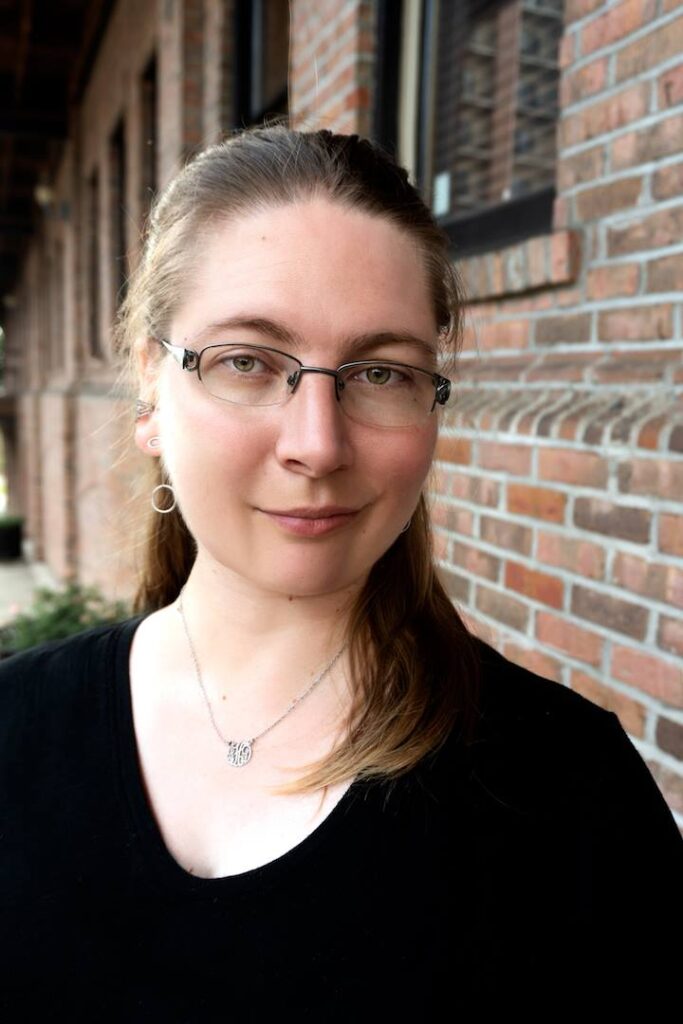This is a course in both thinking about music and thinking in music. In this course, you will learn to think about music, often in ways you never have in the past. In addition, you will learn to think in music the way Western musicians do—learning to read music notation as sound, and to hear music as concepts, ideas, and notation.
Along the way, you will learn, develop, and apply mathematical and algorithmic reasoning skills in the pursuit of better understanding Western music theory. We will begin to think critically about larger topics, such as how music communicates emotion, and how this might change between cultures. Your work in class and your homework will involve various kinds of music-theoretical problem solving. Your homework, quizzes, and final exam will assess and evaluate how well you have assimilated these concepts and skills.
About the Instructor

Jennifer Harding is Lecturer of Music Theory at the University of Massachusetts Amherst, having previously taught at Florida State University and the University of Florida.
Jennifer received her PhD from Florida State University and has also attended Northern Illinois University and the Wheaton College Conservatory of Music. She has presented her research all over the country and her work appears in the proceedings of the Music Encoding Conference. Her research applies mathematical and computational models to music analysis. She is also a violinist, having studied with Paul Zafer and Matthias Tacke.